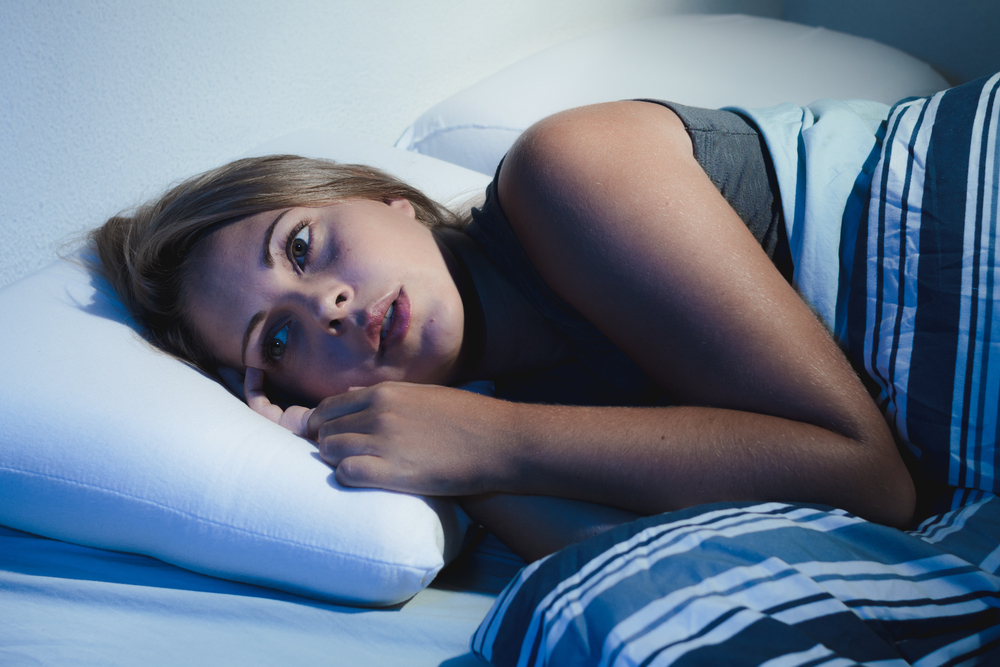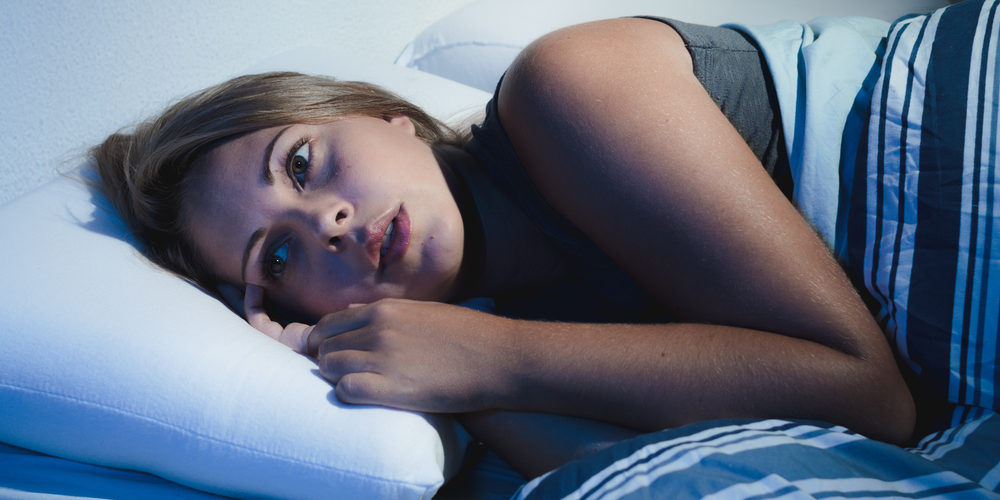 Have you ever lain in bed wide awake, aware of what’s happening around you – but you couldn’t move a muscle? If the answer is yes, then you’ve probably experienced the bizarre phenomenon that is sleep paralysis.
Have you ever lain in bed wide awake, aware of what’s happening around you – but you couldn’t move a muscle? If the answer is yes, then you’ve probably experienced the bizarre phenomenon that is sleep paralysis.
Sleep paralysis is more common than you’d probably think. It typically occurs when you wake up amid a rapid eye movement (REM) cycle. During REM your body is so relaxed that your muscles go into a near paralysis state, known as atonia. Atonia is what protects your body from making any physical movements while you sleep so that you can’t harm yourself. In people that experience sleep walking or sleep behavior disorders, for instance, atonia is not properly occurring, leaving the mind asleep but the body awake to move around.
In sleep paralysis however, the opposite happens – the body remains in the atonic state while the brain begins to function. This experience can be extremely frightening, while a person realizes that they’re awake but can’t move or speak. Sometimes hallucinations can be tied to this sensation, or you may feel breathless or weighed down, while at other times people may feel as if they’re falling or floating away from their bodies. Typically these episodes don’t last more than a few minutes, but to someone experiencing it, it can feel like longer.
Sleep paralysis happens when a person is falling asleep, or when a person is waking up. This is when the body goes into or out of REM sleep. Hypnagogic sleep paralysis occurs when your body has trouble transitioning into the REM cycle (falling asleep) and hypnopompic occurs when your body has trouble transitioning out of it (waking up).
Studies estimate that most people experience sleep paralysis at least once, although they may not even be aware of it. When it does happen though, everyone’s experience is different. Some people may try to wiggle their toes and/or fingers to snap out of it, but there is not much you can do to wake your body in that moment; you just have to wait it out.
Some researchers believe that the frequency of these episodes is directly correlated to stress and lack of sleep. So if this is something that you experience often, try to get more quality sleep, especially by de-stressing before bedtime.
“The occurrence of sleep paralysis is much more common than we know because often the symptoms are quite subtle, “ said Nick Patel, DO, board certified pulmonologist in Mather Hospital’s Sleep Disorder Center. “ It’s a sign of poor sleep stage transitioning, which can be associated with numerous conditions. Poor sleep hygiene and stress are the most common. However, it may be associated with conditions such as narcolepsy and require more aggressive evaluation and therapy.”
Although sleep paralysis can be terrifying, it’s not something to fear. But if this is something you experience often or if you have other symptoms associated with the episodes, you should see a doctor as this can be a sign of other sleep disorders. Otherwise, just remain calm and know that it will pass.

